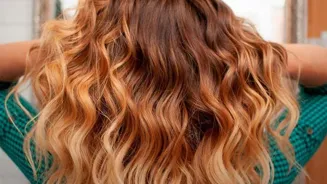7 Hair Myths You Need to Stop Believing Right Now, Arre Yaar! Dive into the truth about common hair misconceptions!
We, as Indians, love our hair, don't we? From maa's age-old oiling rituals to the latest
salon treatments, we've all got our own theories and practices when it comes to hair care. But let's face it, a lot of what we believe about our precious locks are just myths passed down through generations.
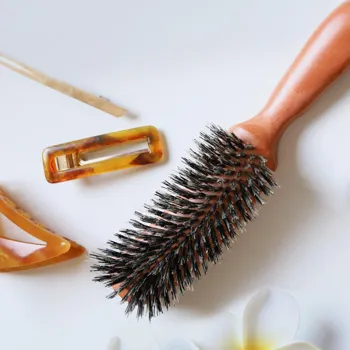
It's time to separate the facts from the fiction! So, ditch the outdated advice and get ready to embrace a whole new world of hair wisdom. Because healthy, happy hair doesn't need fairy tales, it needs truth!
Daily oiling isn't for everyone; adjust based on hair type
Listen up, everyone! While our grandmothers swore by daily oiling, it isn't a universal solution for everyone's hair problems. Oiling helps nourish the hair shaft and scalp, but overdoing it can attract dust and grime, making your hair look dull and heavy.
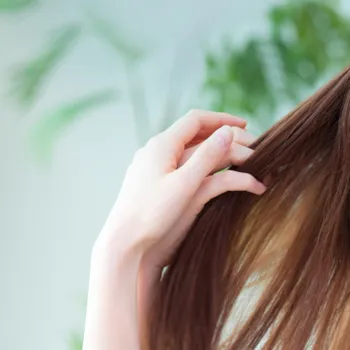
Imagine your hair as a sponge; it can only absorb so much oil before it becomes saturated. The frequency of oiling depends entirely on your hair type and scalp condition. If you have a naturally oily scalp, oiling once or twice a week might be sufficient.
But those with dry, brittle hair can benefit from more frequent applications. Try using lighter oils like almond or grapeseed oil, especially if your scalp tends to get greasy easily. Remember, moderation is the key!
Regular trims maintain healthy hair, but don't boost growth
This is a classic myth that's been around for ages! While trimming your hair gets rid of split ends, which can make your hair appear healthier and fuller, it has absolutely no effect on the rate of hair growth. Hair grows from the follicles in your scalp, not from the ends.
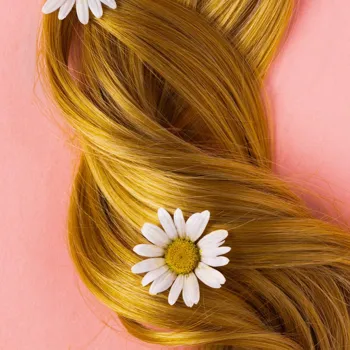
The growth rate is determined by genetics, diet, and overall health. Trimming does prevent the split ends from traveling up the hair shaft and causing further breakage, which means less hair needs to be chopped off in the long run.
So, regular trims are important for maintaining healthy-looking hair, but don't expect them to magically make your hair grow faster.
Plucking grey hair won't cause more to grow; genetics and age determine greying
Don't panic if you spot a grey hair! The fear of multiple grey hairs sprouting up after plucking one is completely unfounded. Each hair follicle contains only one hair, so plucking a grey hair won’t cause others to turn grey.
Grey hair appears when the hair follicle stops producing melanin, the pigment responsible for hair color. The greying process is mostly determined by genetics and age. Plucking hair repeatedly can damage the hair follicle, eventually leading to hair thinning in that area.
So, instead of plucking, trying hair colour as a better option.
Shampoo choice crucial for hair health; sulfates strip oils
Many believe shampooing strips away natural oils, leaving hair dry and damaged. That's only partially true and depends on the shampoo you are using. Shampoos are designed to cleanse the scalp and hair of dirt, oil, and product buildup.
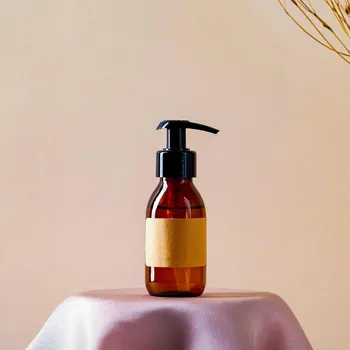
If you don't shampoo regularly, these impurities can clog hair follicles, leading to scalp issues and hindered hair growth. However, using harsh shampoos with sulfates can indeed strip away natural oils. So, opt for sulfate-free, mild shampoos suited to your hair type.
How often you shampoo depends on your scalp type and activity level. Those with oily scalps might need to shampoo more frequently than those with dry scalps.
Chronic stress doesn't cause instant grey hair; manage stress for health
While chronic stress can contribute to premature greying over time, the notion of hair turning grey overnight due to stress is an exaggeration. The greying process is gradual, as melanin production slows down over time.
Stress mainly triggers a condition called telogen effluvium, where hair prematurely enters the shedding phase. This can lead to temporary hair loss, but it doesn't directly cause hair to turn grey instantly.
Though some studies suggest stress can impact stem cells associated with hair color, rapid hair color change isn't a proven phenomenon. Focus on managing stress through yoga, meditation, or other relaxation techniques for the sake of your overall health.
Price doesn't define hair product quality; focus on ingredients
Price tag does not define quality when it comes to hair products. Many affordable products contain the same beneficial ingredients as their high-end counterparts. What matters most is choosing products that suit your hair type and address your specific concerns.
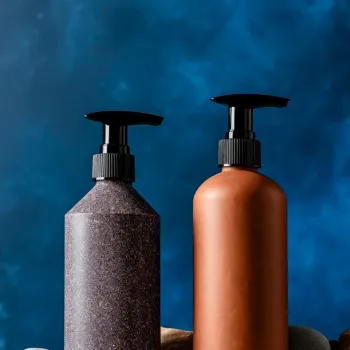
Ingredients like argan oil, keratin, and aloe vera are beneficial for various hair types and can be found in products across different price ranges. Do your research, read reviews, and experiment with different brands to find what works best for your hair without breaking the bank.
AI Generated Content. Glance/InMobi shall have no liability for the content